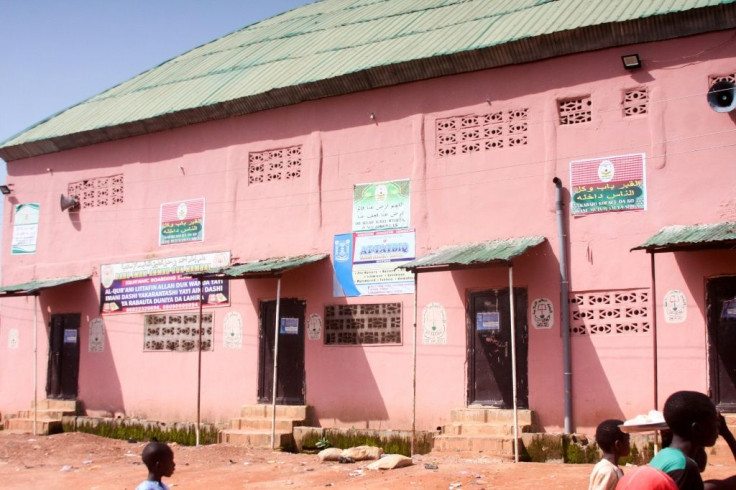Nigeria Police Rescue 259 'Hostages' From Another Islamic Centre

Police in southwest Nigeria have rescued 259 "hostages" from another Islamic correctional centre, police said Tuesday, in the latest raid on religious institutes accused of abuse.
Police have cracked down on several Islamic boarding schools and centres over the past month, often in mainly Muslim northern Nigeria, freeing hundreds of inmates who were tortured and kept in inhumane conditions.
"We discovered on Monday young men, women and children who were held hostage in an illegal detention centre at a mosque in the Ojoo area of Ibadan," police spokesman Fadeyi Olugbenga told AFP, after the rescue in the country's southwest.
"259 people were locked up there and crying for help," he said.
The owner of the centre and eight others were arrested by police, who were alerted by an 18-year-old who had escaped conditions that officials described as "dungeon-like".
Pictures carried by local media showed emaciated young men and boys, with their skin stretched against their ribs, sitting outside the centre in the city of Ibadan.
"Some had been there for years and had health challenges. They're currently receiving medical attention," Olugbenga said.
"The ones we interviewed told us they were fed once every three days, sometimes even less."
The spate of police raids since late September has shone a spotlight the widespread system of unregulated Islamic institutes across the country.
In each case, similar horrific revelations have come to light of adults and young children, some suffering from mental illnesses or drug abuse, detained in chains, starved of food, and physically or sexually abused.
Lacking facilities
The centres are common in Africa's most populous country due to a chronic lack of government services.
They are touted as a means to help parents cure their children of drug abuse and other behavioural problems in the absence of support from the state.
President Muhammadu Buhari, who hails from the majority Muslim north of the country, in October condemned the abuse.
"No responsible democratic government would tolerate the existence of the torture chambers and physical abuses of inmates in the name of rehabilitation," he said in a statement.
In June the president said he planned to ban private Islamic schools -- known locally as Almajiri schools -- widespread across the country, yet has given no further plans.
According to Hassan Idayat, director of the Centre for Democracy and Development, the government is partially responsible for the proliferation of these institutions.
"It is widespread because of the dearth of mental health institutions," she said. "The government needs to urgently invest in mental health."
© Copyright AFP {{Year}}. All rights reserved.





















